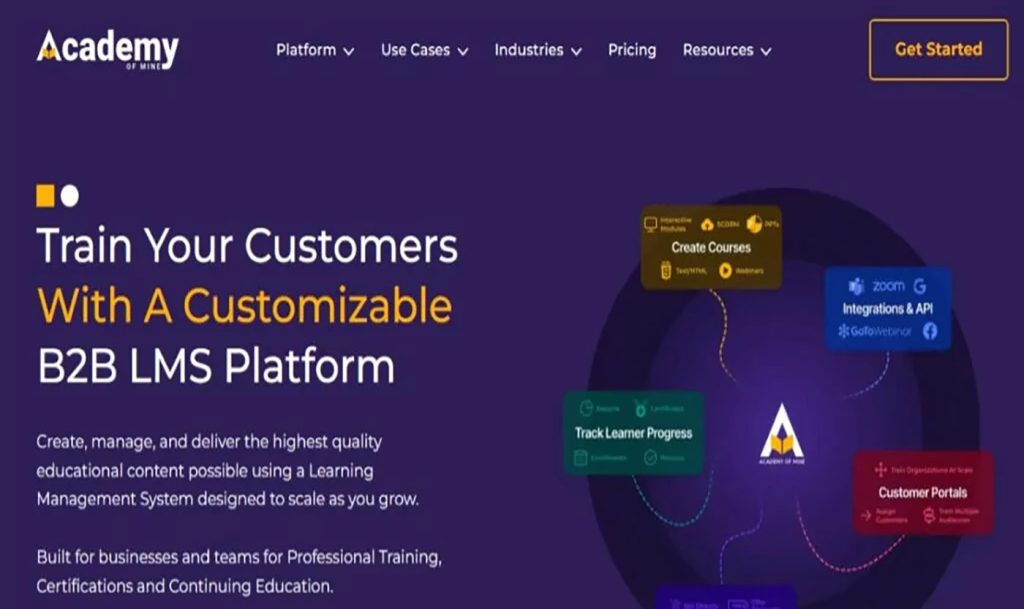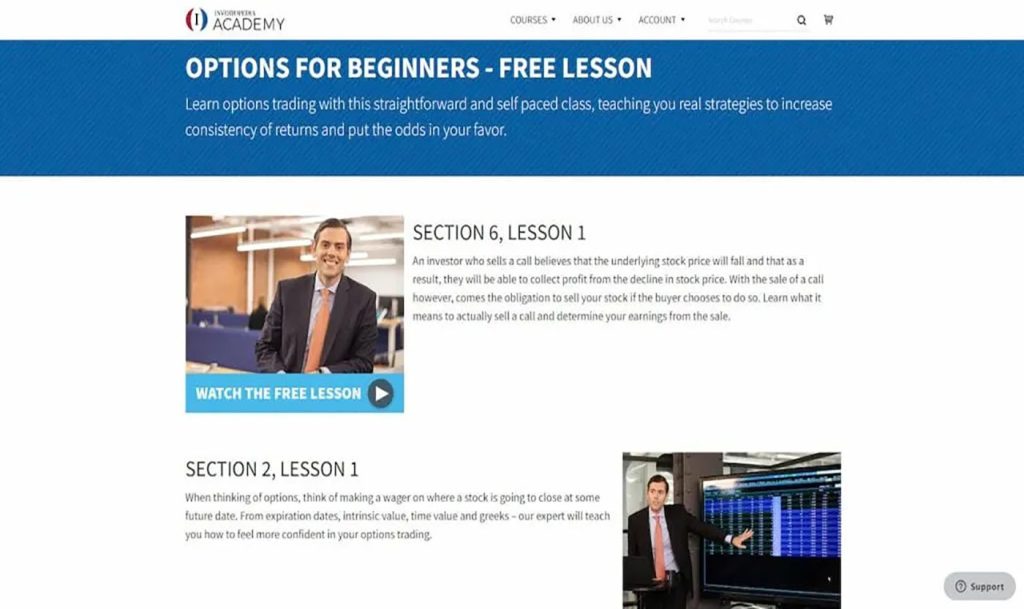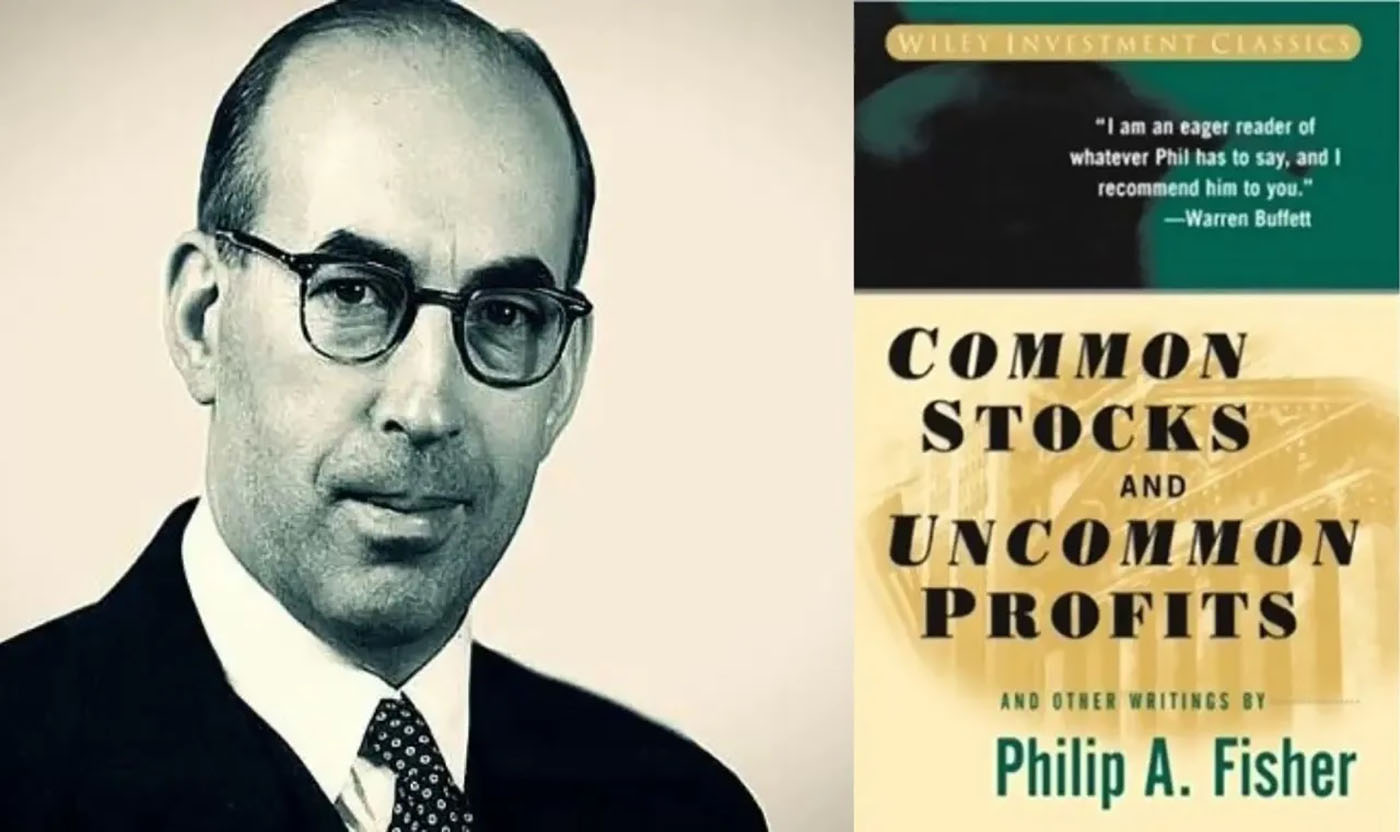In the world of investing, knowledge is power. Whether you’re just getting started or looking to deepen your understanding of the markets, the more you learn, the better positioned you’ll be to make informed decisions and avoid costly mistakes. In today’s digital age, the internet is brimming with online learning platforms that offer a vast array of courses, from the basics of investing to advanced strategies used by seasoned professionals.
As we approach 2025, the demand for online financial education has skyrocketed. More people are seeking to take control of their financial future, and the availability of high-quality investment courses is more abundant than ever. In this article, I will explore the top online learning platforms and recommend some of the best investment courses that can guide you on your investment journey. These platforms are designed to cater to a variety of learning styles, budgets, and experience levels.
1. Why Online Investment Courses Are a Game Changer
Before diving into the specifics of each platform, it’s important to understand why online investment courses are such a valuable resource. The ability to learn at your own pace, from anywhere, and on your own schedule makes online learning ideal for people with busy lives. Additionally, many of these courses are taught by financial experts and cover topics that are tailored to both beginner and advanced investors.
Here are a few reasons why online investment courses can be a game changer:
a. Access to Expert Knowledge
Many online platforms feature courses taught by renowned financial experts, investors, and professors. This gives you the unique opportunity to learn directly from individuals who have vast experience and a proven track record in the investment world. Whether it’s understanding technical analysis, mastering the psychology of investing, or learning about the latest investment vehicles, you’ll have access to the minds that shape the industry.
b. Flexibility and Convenience
The flexibility of online courses allows you to learn at your own pace, fitting study time into your busy schedule. Whether you prefer watching video lectures, reading articles, or engaging in interactive exercises, you can choose how you absorb information. This makes online learning much more accessible than traditional in-person classes.
c. Affordable Education
Traditional financial advisors and in-person courses can be expensive. In contrast, many online platforms offer highly affordable courses—sometimes for free or at a fraction of the cost of in-person instruction. This makes investing education available to a much broader audience.
d. Hands-On Learning and Simulations
Some online investment courses go beyond theory and provide opportunities for hands-on practice. Platforms often include stock market simulations, portfolio-building tools, and quizzes to help solidify your learning and build real-world experience.
2. Top Online Platforms for Investment Courses
Now that we’ve covered why you should consider online investment courses, let’s take a deep dive into some of the top platforms offering high-quality investment courses. Whether you’re a novice investor or a seasoned professional looking to fine-tune your strategy, these platforms provide a range of educational resources that can help you succeed.
a. Coursera: A Hub for Top University-Led Courses
Coursera is one of the most popular online learning platforms in the world, offering courses from prestigious universities and institutions. If you’re looking for academic-level courses that are thorough, well-structured, and highly regarded, Coursera is an excellent choice. The platform provides a diverse range of investment-related courses, from beginner to advanced topics.
Some notable courses include:
- “Financial Markets” by Yale University: Taught by Professor Robert Shiller, Nobel Prize-winning economist, this course covers the fundamentals of financial markets, investment strategies, and the psychology of investing. It’s a great starting point for anyone wanting to understand the workings of financial markets.
- “Investment Management” by the University of Geneva: This course is ideal for those who want to dive deeper into the world of investment management, covering portfolio construction, asset allocation, and risk management.
- “Business and Financial Modeling Specialization” by the University of Pennsylvania: For those who are looking to take their financial analysis skills to the next level, this series of courses covers financial modeling, forecasting, and making data-driven investment decisions.

The interactive nature of Coursera’s courses, along with peer reviews and quizzes, helps you reinforce your learning. While most courses on Coursera are free to audit, you can pay for a certificate if you want to receive official recognition of your accomplishments.
Where to find it: Coursera
b. Udemy: Affordable Courses for All Levels
Udemy is a popular platform known for its vast catalog of courses on virtually any topic. When it comes to investment education, Udemy offers a wide range of courses designed for different experience levels and specific investment interests. The courses on Udemy are often taught by independent instructors and offer a practical, no-frills approach to learning.
Some standout courses on Udemy include:
- “The Complete Financial Analyst Course 2025”: This course covers everything from financial analysis, Excel for finance, and stock market analysis to understanding financial statements. It’s perfect for anyone looking to get into the finance or investment world.
- “Stock Market Investing for Beginners”: If you’re just starting out with investing and want to build a solid foundation, this course will take you through the basics of stock market investing, including the types of stocks, how the market works, and basic strategies for buying and selling.
- “Advanced Investment Strategies”: For more experienced investors, this course dives into advanced techniques, including technical analysis, options trading, and portfolio management.
Udemy’s courses are typically quite affordable, and they often run promotions with substantial discounts. Another great feature is that once you purchase a course, you have lifetime access, so you can revisit the material whenever you need to.
Where to find it: Udemy
c. Investopedia Academy: Courses from the Experts
Investopedia, a trusted source for financial news and education, offers its own online courses through Investopedia Academy. While Investopedia is widely recognized for its comprehensive articles and guides, its academy platform is focused on offering structured, instructor-led courses on investing and finance.
Notable courses include:
- “Become a Better Investor”: This course is perfect for beginners and intermediate investors looking to improve their stock-picking and portfolio-building skills. It covers topics such as market analysis, risk management, and portfolio diversification.
- “Stock Market Investing for Beginners”: Similar to other courses on this list, this course offers a solid foundation in stock market investing, including the different asset classes and the risks involved.
- “Financial Modeling and Valuation”: For those who want to take a deeper dive into financial analysis, this course focuses on modeling techniques used by professional investors and analysts to evaluate stocks and bonds.
Investopedia Academy offers high-quality courses backed by its reputable brand. The courses are video-based and include quizzes, assignments, and certificates upon completion.
Where to find it: Investopedia Academy
d. Skillshare: Creative and Practical Investment Courses
Skillshare is a platform best known for its creative courses, but it also offers a range of business and finance-related content, including courses on investing. Skillshare’s investment courses are typically shorter and more digestible, making them ideal for beginners or anyone looking to brush up on their investing knowledge quickly.
A couple of standout investment courses on Skillshare include:
- “Investing for Beginners: Start Growing Your Wealth”: This is a no-nonsense course that breaks down the basics of investing, including stock market investing, bonds, mutual funds, and ETFs. The course is perfect for someone who wants to start investing but doesn’t know where to begin.
- “Smart Investing: How to Build a Portfolio with Confidence”: This course focuses on portfolio management, helping you understand how to choose investments and allocate assets based on your goals and risk tolerance.
Skillshare also offers a hands-on approach, where students can engage with one another in class projects and discussions. You can access all courses on Skillshare with a subscription, and there is a free trial period available for new users.
Where to find it: Skillshare
e. The Motley Fool: Expert Investment Advice and Insights
The Motley Fool is one of the most trusted names in personal finance and investing. While the platform is best known for its stock recommendations and market insights, it also offers educational resources through its “Motley Fool Academy.” The academy’s courses are designed to help investors at all levels make smarter investment decisions.
Some of the top courses include:
- “The Motley Fool’s Guide to Investing”: This comprehensive course walks you through the basics of investing, portfolio management, and the principles behind long-term investing. It’s perfect for beginners who want to understand the core principles of investing.
- “Stock Advisor”: While this is more of a subscription service, it provides access to expert stock recommendations and educational resources on how to evaluate stocks, manage risk, and build a balanced portfolio.
The Motley Fool’s approach is based on value investing and long-term strategies, which makes it particularly appealing for those who want to take a buy-and-hold approach to investing.
Where to find it: The Motley Fool

3. Making the Most of Your Investment Course
Once you’ve chosen a course and platform, the key to making the most of it is commitment. Here are a few tips for getting the most out of your online investment education:
a. Set Clear Goals
Before starting a course, it’s essential to set clear learning objectives. Are you looking to learn about specific investment strategies, or do you want a broad overview of how the stock market works?
Defining your goals will help you stay focused and ensure you get the most value from the course.
b. Apply What You Learn
It’s one thing to learn about investing, but it’s even more valuable when you start applying the knowledge in real-world scenarios. Many platforms offer simulations or demo accounts, so take advantage of those to practice what you’ve learned without risking real money.
c. Stay Consistent
Consistency is key to mastering any subject. Set aside dedicated time each week to work through course materials, engage in discussions, and review your notes. This will help you retain the information and apply it effectively when making investment decisions.
4. Take Control of Your Financial Future
Investing is one of the most powerful ways to build wealth and secure your financial future. However, the path to successful investing requires knowledge, strategy, and continuous learning. Online investment courses provide an invaluable resource to help you understand the complexities of investing and develop the skills necessary to make informed financial decisions.
By exploring the platforms and courses recommended here, you’ll gain access to expert guidance and practical strategies that will help you become a more confident and successful investor. Whether you’re just starting out or looking to deepen your investment knowledge, the right course can set you on the path to financial success. Take control of your financial future today and start learning—your future self will thank you.



